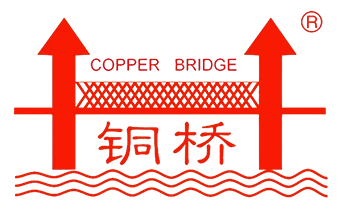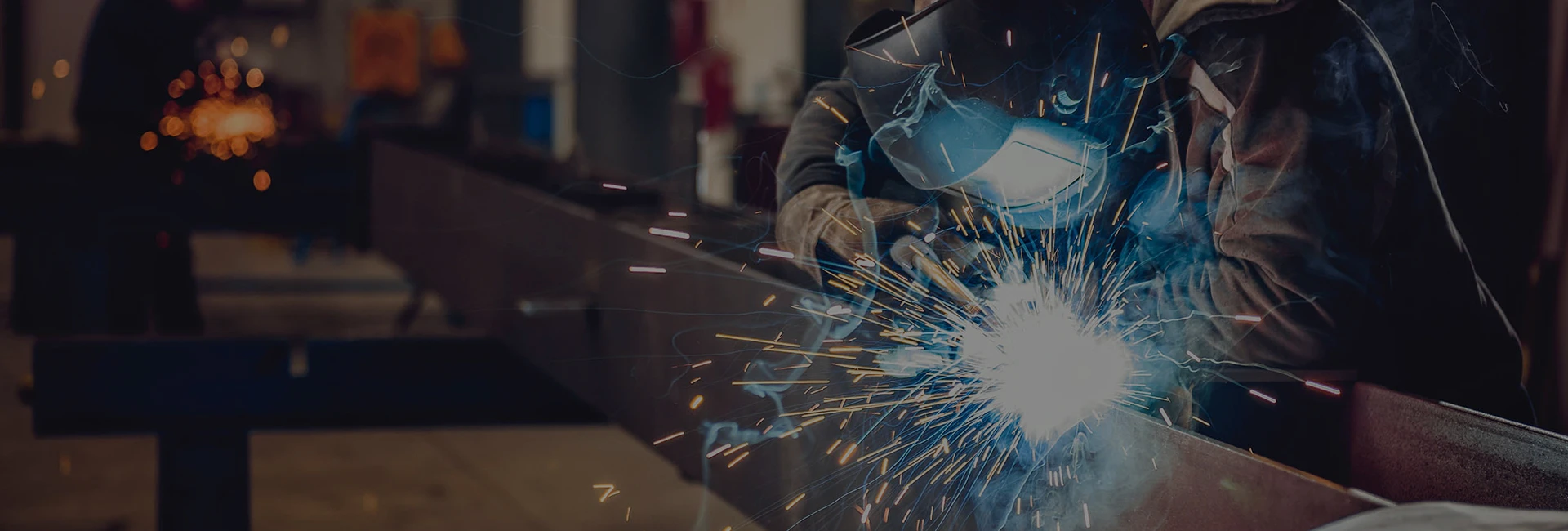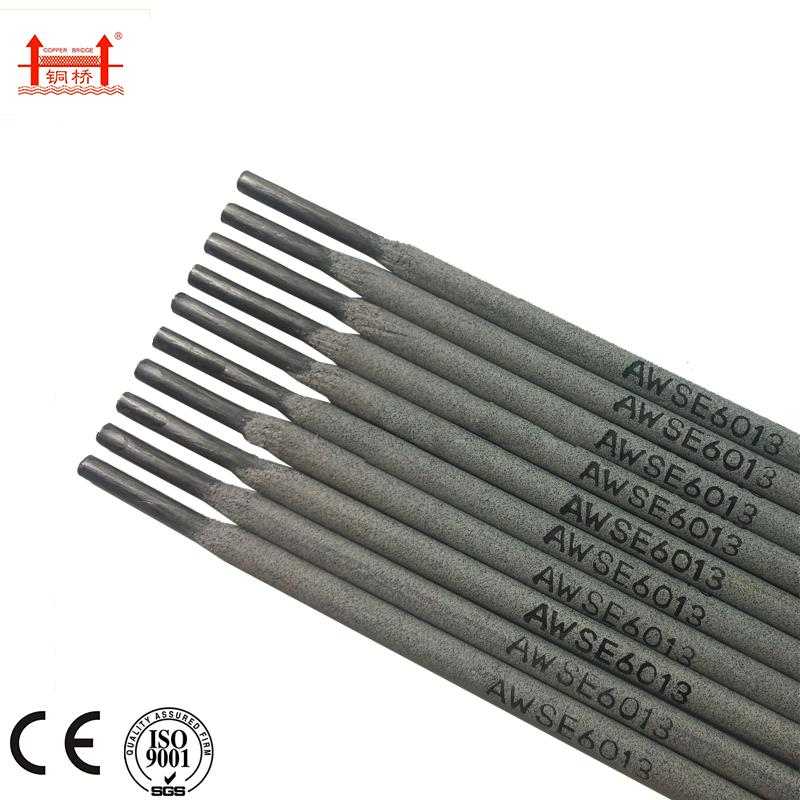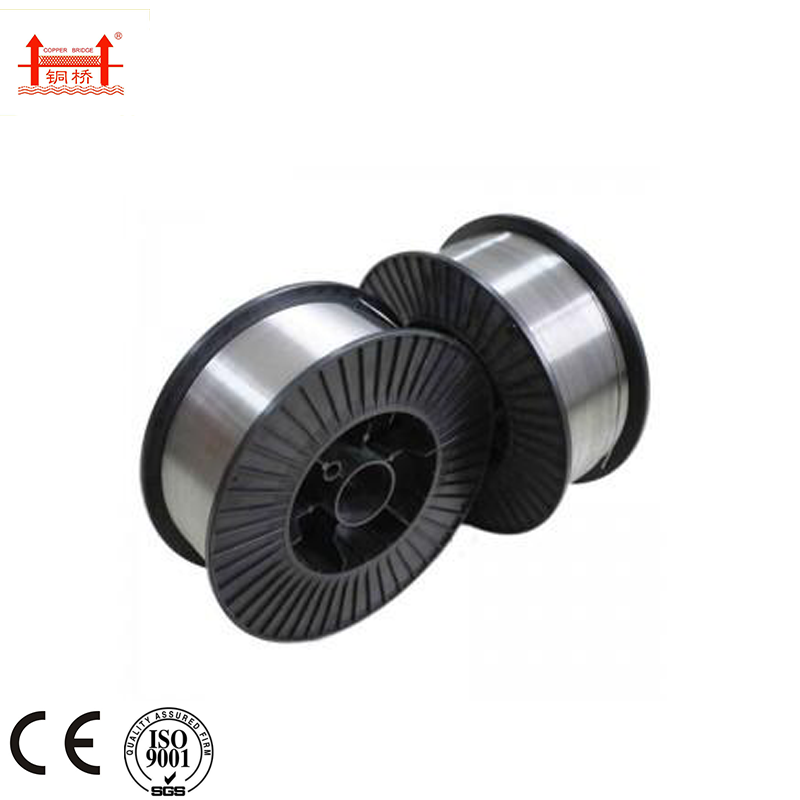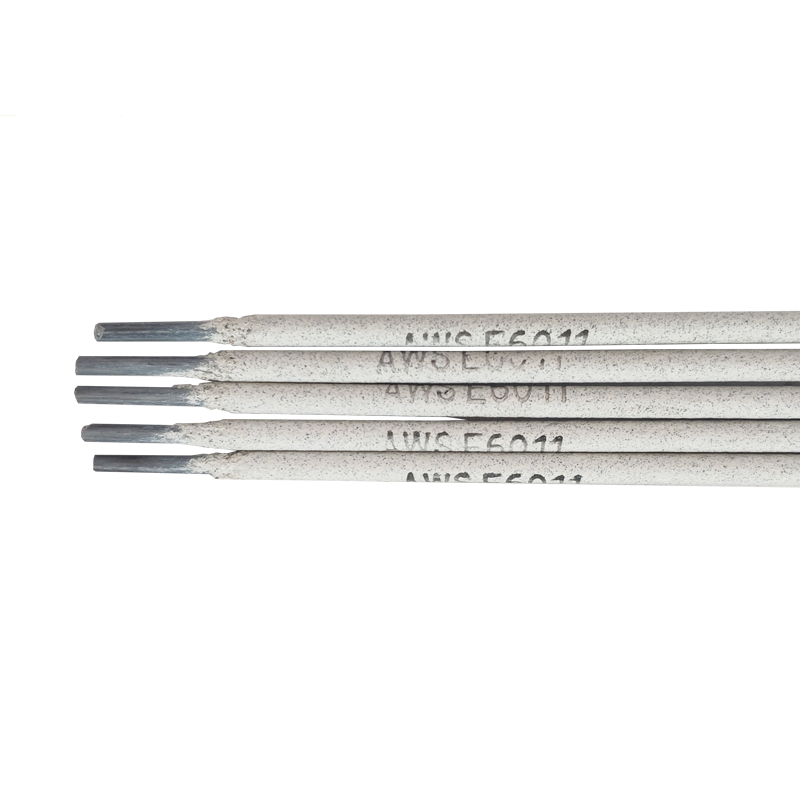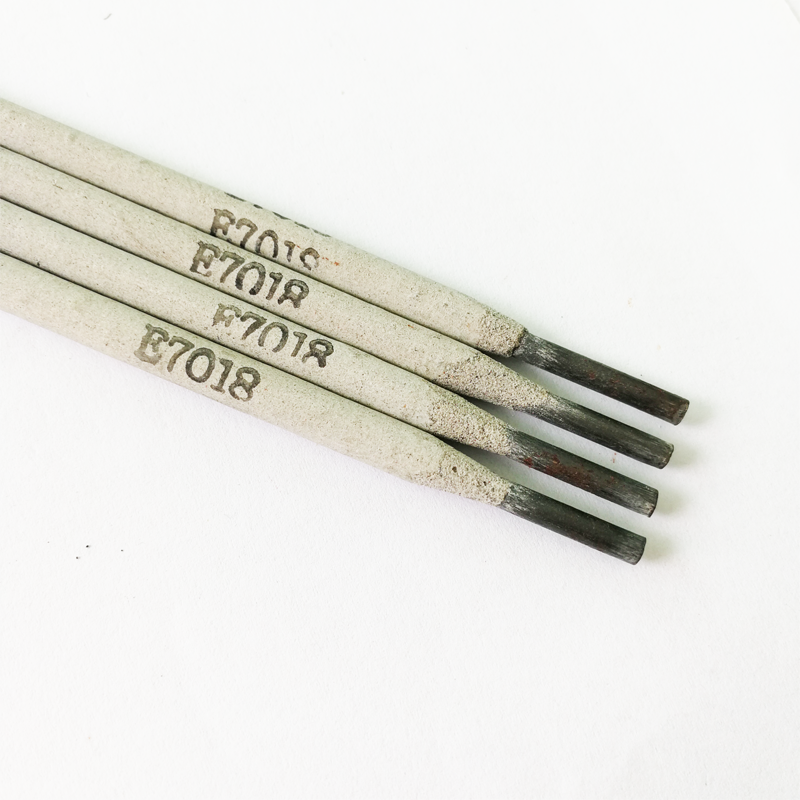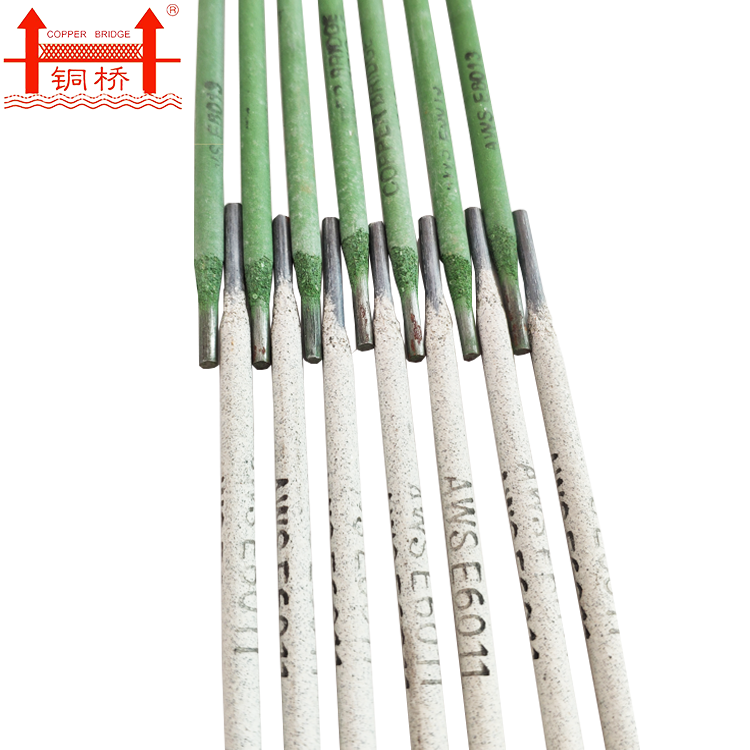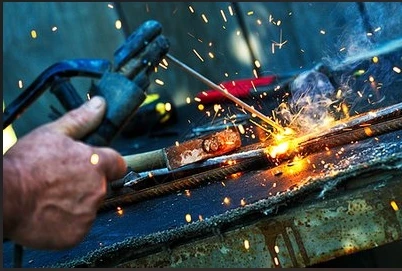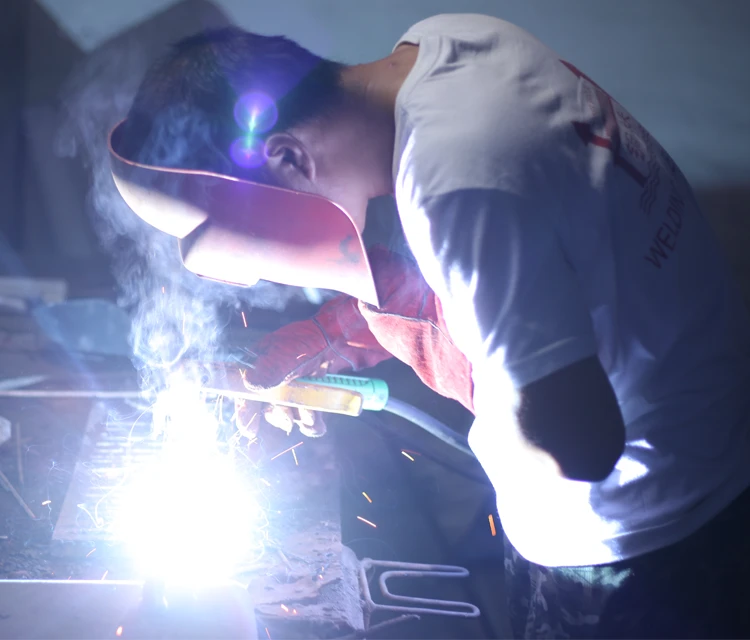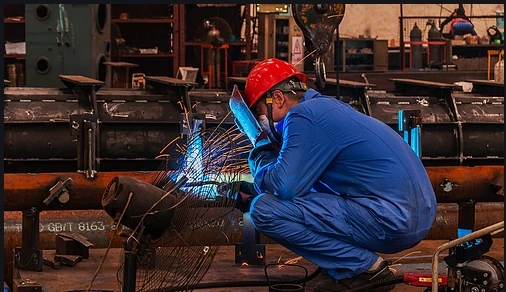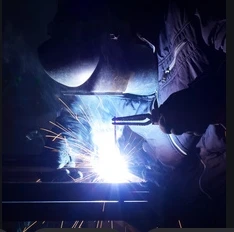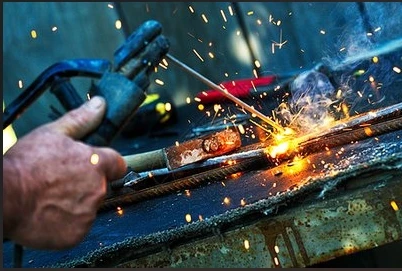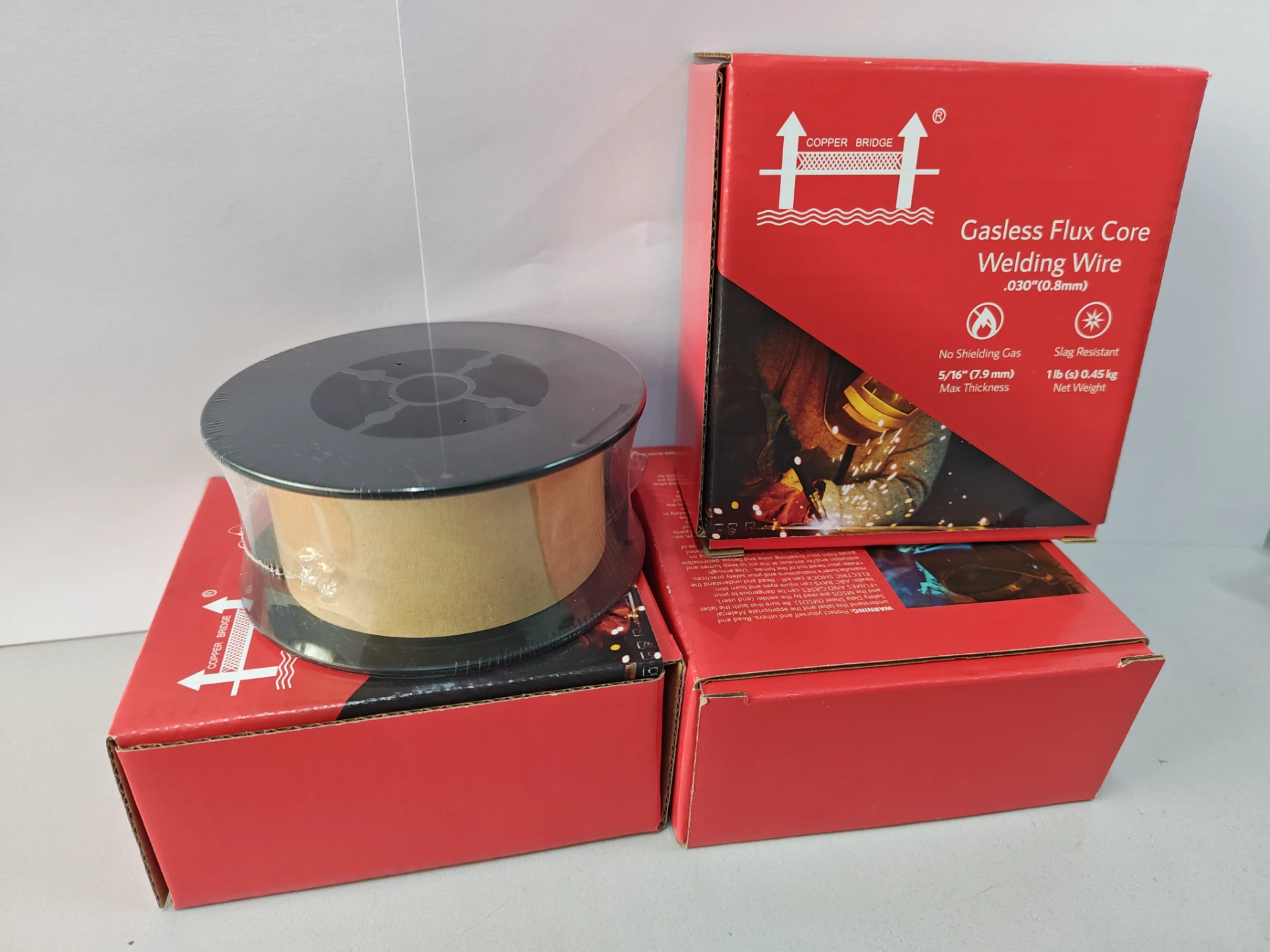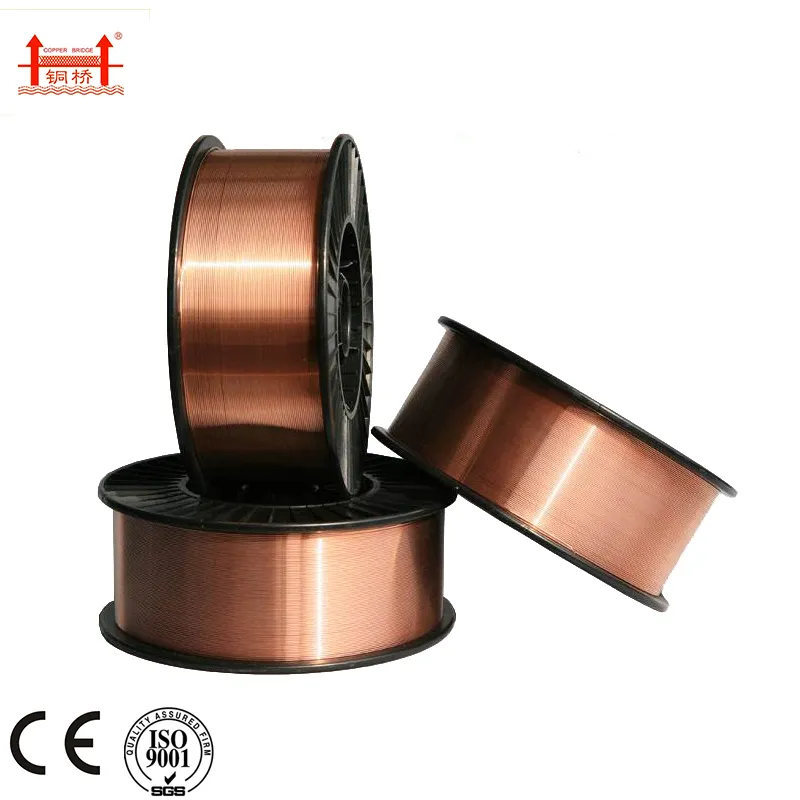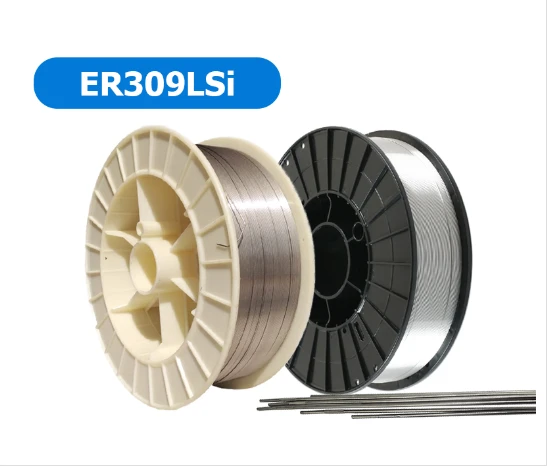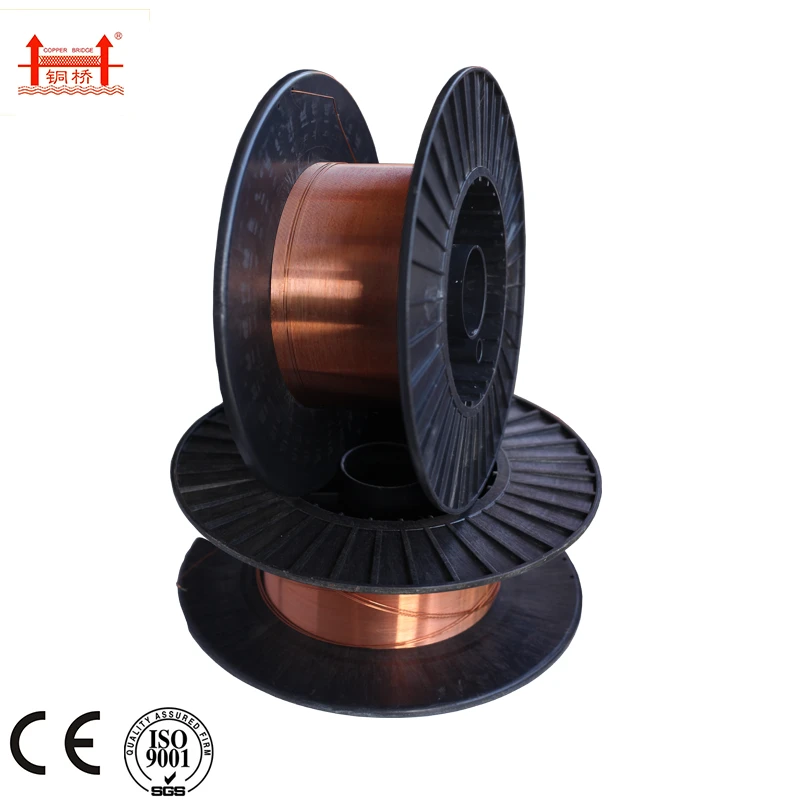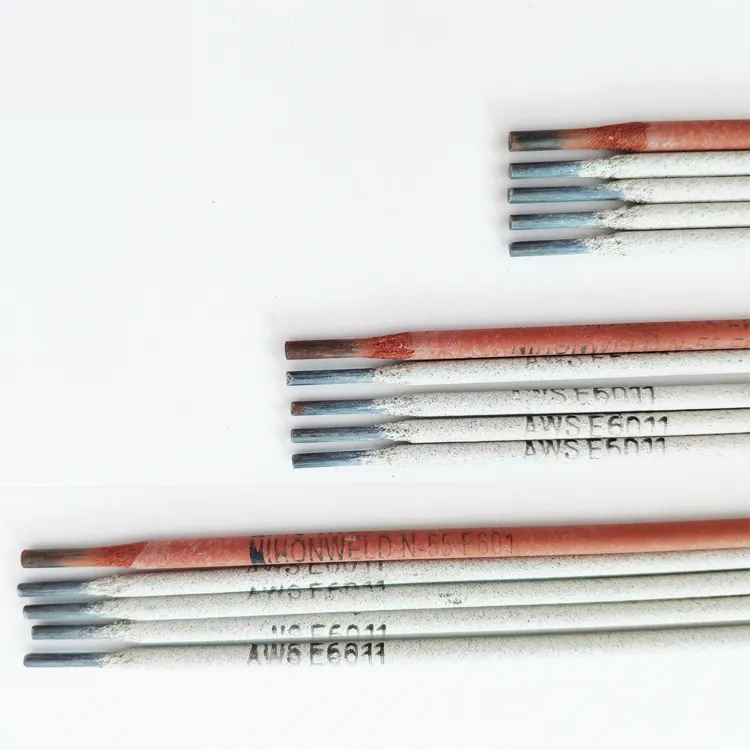E316L 16 Electrode: Premium 316L Stainless Steel Welding Rods
Aug . 13, 2025 05:00
Navigating the Landscape of High-Performance Stainless Steel Electrodes
In the demanding world of industrial fabrication and maintenance, the selection of welding consumables is paramount to ensuring structural integrity, longevity, and operational efficiency. Among the myriad options, the e316l 16 electrode stands out as a critical component, especially for applications requiring exceptional corrosion resistance and high-temperature stability. This specific classification, derived from AWS A5.4 standards, signifies a low-carbon, rutile-coated electrode designed for welding austenitic stainless steels, particularly Type 316L. The "L" in E316L denotes its low carbon content, which minimizes carbide precipitation during welding, thereby preventing intergranular corrosion in service. Industry trends indicate a growing demand for such specialized electrodes, driven by the expansion of chemical processing plants, oil and gas infrastructure, and other sectors where material degradation is a constant threat. Manufacturers are continually innovating, focusing on improved arc stability, reduced spatter, and enhanced mechanical properties to meet evolving industrial requirements.
The market for stainless steel welding consumables is experiencing steady growth, fueled by global infrastructure development and the increasing adoption of stainless steel across diverse industries. According to recent market analyses, the global welding electrodes market is projected to reach over $10 billion by 2027, with a significant portion attributed to stainless steel variants. This growth underscores the critical role of products like the e316l 16 electrode in facilitating robust and durable constructions. Emerging trends also highlight a push towards more environmentally friendly manufacturing processes and consumables that offer higher deposition rates and improved operational efficiency, directly impacting project timelines and costs.
The Meticulous Manufacturing Journey of E316L-16 Welding Rods
The production of a high-quality e316l-16 welding rod involves a precise and controlled multi-stage manufacturing process, ensuring each electrode meets stringent performance and safety standards. This journey typically begins with the selection of premium-grade stainless steel wire (core wire), which forms the metallic foundation of the electrode. For E316L, this wire specifically contains molybdenum (Mo), typically 2.0-3.0%, which significantly enhances its resistance to pitting and crevice corrosion in chloride-containing environments. The core wire undergoes meticulous cleaning and drawing processes to achieve the precise diameter and surface finish required for optimal flux adhesion.
Following wire preparation, the critical flux coating application takes place. The flux, a proprietary blend of minerals, metallic powders, and binders, is extruded concentrically onto the core wire. For e316l-16, the flux is of the rutile type, known for its excellent arc stability, easy slag removal, and smooth bead appearance. The precision of this extrusion process is vital for consistent arc performance and weld quality. After coating, the electrodes are baked in controlled ovens at specific temperatures (e.g., 300-400°C for several hours) to remove moisture and consolidate the coating, which is crucial for preventing hydrogen-induced cracking in the weld metal. Throughout the entire process, adherence to international standards such as ISO 9001 for quality management and ANSI/AWS specifications for product performance is strictly maintained. Products undergo rigorous destructive and non-destructive testing, including chemical analysis, mechanical property tests (tensile strength, yield strength, elongation), and radiographic inspection, to guarantee compliance and reliability. This meticulous approach ensures a projected service life measured in decades when properly applied in industries like petrochemical, metallurgy, and water treatment, often leading to significant energy savings through reduced maintenance and enhanced corrosion resistance.
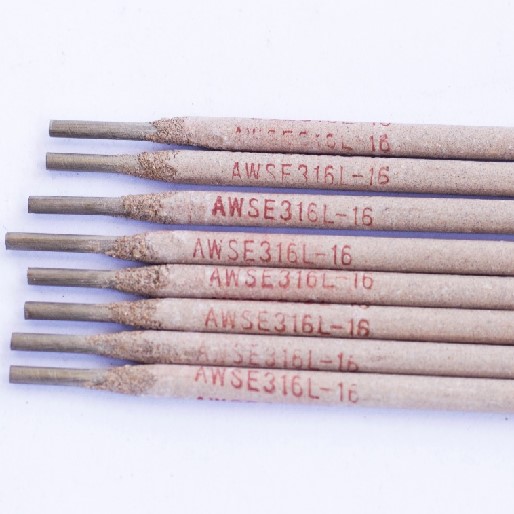
Decoding E316L-16: Technical Parameters and Specifications
Understanding the technical specifications of an e316l 16 electrode welding consumable is fundamental for engineers and procurement specialists to ensure optimal performance and compliance with project requirements. The designation "E316L-16" itself carries significant meaning: "E" denotes an electrode, "316L" specifies the low-carbon Type 316 stainless steel chemistry, and "-16" indicates a rutile coating suitable for use with AC or DC (reverse polarity) current, offering excellent arc characteristics and ease of use. This specific electrode is engineered to provide superior resistance to general corrosion, pitting, and crevice corrosion, particularly in environments containing chlorides, acids, and other aggressive media. The low carbon content (max 0.04%) is crucial for preventing sensitization, a phenomenon where chromium carbides precipitate at grain boundaries, leading to intergranular corrosion in service.
The following table summarizes the typical chemical composition and mechanical properties of weld metal deposited by an e 316l 16 electrode, providing a clear benchmark for quality and performance. These values are based on AWS A5.4 standards and generally achieved under controlled welding conditions.
| Parameter | Typical Value (Weld Metal) | Unit/Description |
|---|---|---|
| Carbon (C) | 0.04 max | % |
| Chromium (Cr) | 17.0 - 20.0 | % |
| Nickel (Ni) | 11.0 - 14.0 | % |
| Molybdenum (Mo) | 2.0 - 3.0 | % |
| Manganese (Mn) | 0.5 - 2.5 | % |
| Silicon (Si) | 0.9 max | % |
| Tensile Strength | 520 min | MPa |
| Yield Strength | 320 min | MPa |
| Elongation | 35 min | % |
| Impact Strength (Charpy V-notch) | 47 J at -196°C | Joules |
| Welding Positions | All positions (F, H, V, OH) | |
| Current Type | AC or DC+ (Reverse Polarity) |
This comprehensive data highlights why the e316l electrode is the preferred choice for critical applications where integrity and resistance to harsh environments are non-negotiable. The balanced chemical composition and robust mechanical properties ensure that welds made with this electrode maintain their strength and corrosion resistance even under extreme operating conditions.
Key Application Scenarios and Technical Advantages of E316L-16
The versatility and superior performance of the e316l 16 electrode make it indispensable across a multitude of high-demand industries. Its primary strength lies in welding Type 316L, 316, and other molybdenum-containing austenitic stainless steels, offering weld metal with excellent resistance to general corrosion and pitting corrosion in various media, particularly those containing chlorides. This makes it a crucial consumable in environments where resistance to sulfuric acid, phosphoric acid, and other organic acids is required. Common application scenarios include the fabrication and repair of chemical process equipment, such as storage tanks, pipelines, heat exchangers, and reactors, which are routinely exposed to corrosive chemicals. In the marine and shipbuilding industries, it's used for components exposed to saltwater, like desalination plants and offshore structures, where its resistance to chloride-induced corrosion is paramount.
Furthermore, the e316l 16 meaning extends to its suitability for food processing equipment, pharmaceutical manufacturing, and medical device fabrication due to its hygienic properties and ease of cleaning, which are critical for preventing contamination. Its low carbon content is particularly advantageous in these fields, preventing carbide precipitation and ensuring the material's integrity even after prolonged exposure to high temperatures during welding. Technical advantages of using this electrode are manifold: it offers exceptional arc stability, minimal spatter, and a smooth, finely rippled bead appearance, which reduces the need for extensive post-weld cleaning and finishing. The weld metal exhibits excellent mechanical properties, including high ductility and toughness, even at cryogenic temperatures, broadening its applicability. Its superior corrosion resistance significantly extends the operational lifespan of welded components, leading to substantial cost savings from reduced maintenance and replacement cycles.
Consider a real-world scenario: A major chemical plant upgrading its processing lines faced severe intergranular corrosion issues with standard stainless steel welds. By switching to e316l-16 electrodes, they observed a dramatic reduction in corrosion-related failures over five years, translating into an estimated 15% reduction in annual maintenance costs and a 20% increase in operational uptime. This exemplifies how a seemingly small choice in welding consumables can have profound impacts on overall system performance and profitability.
Choosing the Right Supplier: Manufacturer Comparison and Quality Assurance
Selecting a reputable manufacturer for your Stainless Steel Electrodes E316l-16 is as crucial as understanding the technical specifications. The quality and consistency of welding consumables directly impact project success, safety, and long-term asset integrity. When evaluating suppliers, key factors to consider include their adherence to international standards, demonstrable quality control processes, depth of technical support, and proven track record in the industry. Manufacturers that hold certifications such as ISO 9001 (Quality Management), CE (European Conformity), and specific product approvals from classification societies like ABS, DNV GL, or Lloyd's Register, provide a strong indication of their commitment to excellence.
Jinlong Welding Electrode, with decades of experience in the welding consumable sector, exemplifies a commitment to these high standards. Our products, including the Stainless Steel Electrodes E316l-16, are manufactured under strict quality protocols, ensuring consistent chemical composition, mechanical properties, and excellent welding characteristics. We emphasize transparent testing data, providing comprehensive material test reports (MTRs) with every batch, validating our products' compliance with AWS A5.4 and other relevant international norms. Our service longevity, extending over 20 years in the industry, reflects our deep understanding of customer needs and our ability to consistently deliver reliable solutions. Our strong partnerships with leading industrial fabrication companies globally serve as a testament to the trustworthiness and authority we've built in the market. We actively engage in R&D to continuously improve electrode performance, focusing on aspects like lower hydrogen content, superior arc stability, and enhanced resistance to moisture absorption, which are vital for demanding industrial applications.
When comparing suppliers, look beyond just price; consider the total cost of ownership which includes factors like re-work due to poor quality electrodes, increased labor time, and potential failures. A reliable supplier offers not only high-quality products but also robust technical support, customized solutions, and a dependable supply chain, minimizing project delays and maximizing operational efficiency.
Customized Solutions and Real-World Application Case Studies
Recognizing that standard products may not always meet every unique requirement, leading manufacturers of e316l 16 electrode offer customized solutions to address specific project challenges. This might involve tailoring electrode diameters, modifying flux formulations for particular welding positions or joint configurations, or developing specialized packaging to withstand extreme environmental conditions during transit or storage. For instance, in applications demanding enhanced low-temperature impact toughness, a supplier might optimize the ferrite content in the weld metal through flux adjustments, ensuring the integrity of structures operating in cryogenic environments. This flexibility ensures that clients receive the most effective and efficient welding consumable for their precise needs, optimizing both performance and cost.
Consider a case study from the wastewater treatment industry, where severe pitting and crevice corrosion were compromising the longevity of stainless steel piping systems. A client required an e316l 16 electrode that not only provided standard corrosion resistance but also offered improved resistance to bio-fouling and specific microbial-induced corrosion prevalent in their facilities. Our technical team collaborated closely with the client's engineers, analyzing the exact corrosive agents and environmental conditions. We provided a solution with a slightly modified flux composition and a specific electrode diameter for optimized deposition in tight spaces. Post-implementation, the client reported a 30% extension in the service life of their critical piping infrastructure compared to previous materials, significantly reducing their maintenance burden and operational downtime. This successful partnership underscores the value of combining technical expertise with bespoke product solutions to tackle complex industrial problems effectively. Our commitment to continuous technical support and post-sales follow-up ensures that clients maximize the benefits of our welding consumables throughout their projects.
Ensuring Trustworthiness: FAQs, Delivery, and Warranty Commitments
Building trust with B2B clients extends beyond product specifications; it encompasses transparency, reliable logistics, and unwavering after-sales support. At Jinlong Welding Electrode, we prioritize customer confidence by addressing common inquiries proactively and providing clear commitments regarding product delivery and quality assurance.
Frequently Asked Questions (FAQs)
- Q1: What does 316L mean in E316L-16?
A1: "316L" signifies that the electrode deposits weld metal with a low carbon content (max 0.04%) of Type 316 stainless steel. This low carbon prevents carbide precipitation during welding, making the weld metal highly resistant to intergranular corrosion, particularly important for applications in corrosive environments. - Q2: What are the key advantages of using an E316L-16 electrode over E308L-16?
A2: The primary advantage is superior corrosion resistance, especially to pitting and crevice corrosion, due to the addition of molybdenum (Mo) in the 316L alloy. E308L-16 is suitable for Type 304L stainless steel, while e316l electrode is designed for Type 316L and other Mo-containing steels where enhanced corrosion resistance is critical. - Q3: What is the recommended storage for E316L-16 welding rods?
A3: To maintain optimal performance and prevent moisture absorption, electrodes should be stored in dry, well-ventilated conditions, ideally at a temperature range of 15-25°C (59-77°F) and relative humidity below 50%. For opened packages or if moisture is suspected, re-baking according to manufacturer's instructions (e.g., 250-300°C for 1-2 hours) is recommended.
Delivery Timelines and Logistics
We understand the importance of timely delivery for project continuity. Our standard lead time for regular orders of e316l 16 electrode is typically 7-14 business days, depending on order volume and destination. For urgent requirements or large-scale projects, we offer expedited shipping options and can arrange staggered deliveries to align with your production schedule. Our logistics team employs robust supply chain management to ensure efficient, secure, and on-time delivery globally, leveraging strategic partnerships with reputable freight forwarders. We provide comprehensive tracking information and proactive communication regarding shipment status, ensuring complete transparency from order placement to final delivery.
Quality Assurance and Warranty
Every batch of Stainless Steel Electrodes E316l-16 produced by Jinlong Welding Electrode undergoes rigorous quality control checks and conforms to the highest international standards, including ISO, AWS, and specific client requirements. We stand behind the quality of our products with a comprehensive warranty against manufacturing defects, typically covering a period of 12 months from the date of purchase, provided the products are stored and used as per our recommendations. Our dedicated customer support team is always available to address any technical queries, provide post-sales assistance, and ensure complete satisfaction. This commitment to quality and service forms the bedrock of our long-standing client relationships.
Conclusion and Academic References
The e316l 16 electrode represents a critical component in achieving robust and durable welds for a wide array of demanding industrial applications. Its unique combination of low carbon content and molybdenum addition ensures superior resistance to various forms of corrosion, making it an indispensable choice for industries from petrochemical and marine to food processing and pharmaceuticals. The meticulous manufacturing processes, adherence to stringent international standards, and continuous innovation by leading manufacturers like Jinlong Welding Electrode ensure that these consumables meet the highest benchmarks for performance, reliability, and longevity. As industrial requirements continue to evolve towards more specialized materials and increasingly harsh operating environments, the role of advanced welding consumables like the E316L-16 will only become more pronounced. Investing in high-quality electrodes and partnering with reputable suppliers that offer comprehensive technical support and tailored solutions is paramount for ensuring project success and maximizing the operational lifespan of critical infrastructure.
References
- American Welding Society (AWS) A5.4/A5.4M:2012, Specification for Stainless Steel Electrodes for Shielded Metal Arc Welding.
- International Organization for Standardization (ISO) 3581:2016, Welding consumables - Covered electrodes for manual metal arc welding of stainless and heat-resisting steels - Classification.
- ASM International, Handbook Volume 6: Welding, Brazing, and Soldering.
- European Welding Federation (EWF), Guidelines for Welding Stainless Steels.
Related Video


